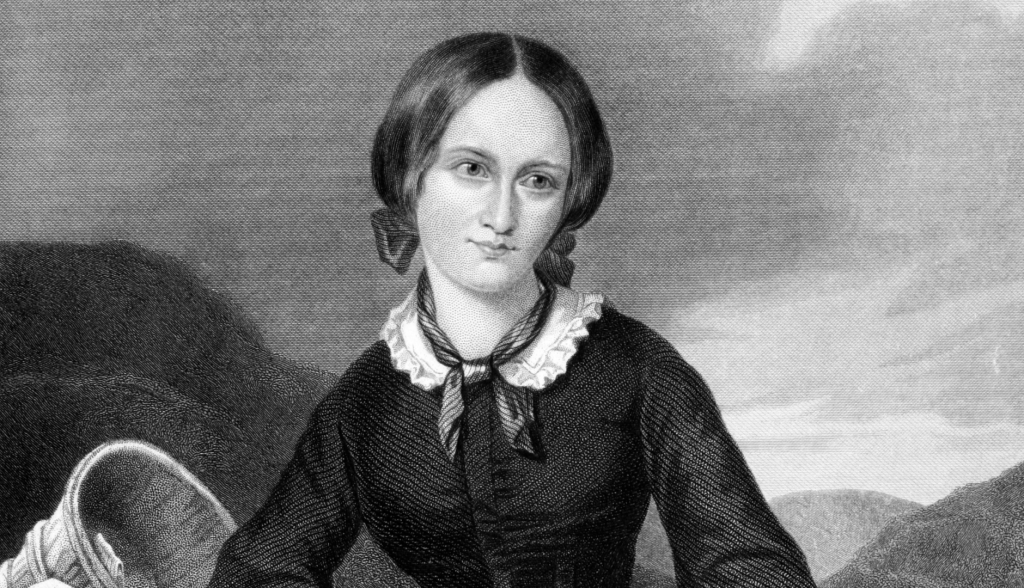Veiled Narratives: The Anonymous Women of Literature
The voices of women were often silenced or overshadowed by the dominant narratives of their time. Many talented and insightful female authors chose, or were compelled, to remain anonymous, leaving behind a legacy that challenges us to celebrate their stories. As we celebrate World Book Day 2024 and International Women’s Day 2024, this week, we couldn’t help but draw back the curtain on the veiled narratives of the anonymous women of literature. So, let’s embark on a journey through the annals of literature to discover these anonymous heroines.
Historical Challenges Faced by Women Writers
1. Limited Access to Education
Historically, women faced significant barriers to education, limiting their intellectual development and access to literary training. Until the late 19th and early 20th centuries, formal education for women was often restricted or non-existent. This educational gap hindered their ability to pursue writing careers and contributed to the prevalence of anonymous or pseudonymous works.
2. Societal Expectations and Gender Norms
Societal expectations regarding women’s roles and behaviours posed formidable challenges for aspiring women writers. The prevailing notion that a woman’s primary responsibilities were centred around domesticity and motherhood discouraged pursuits like writing, which were deemed unconventional. Many women felt compelled to conceal their identities to navigate these societal expectations.
3. Constraints on Artistic Expression
In various historical periods, women were discouraged from engaging in intellectual pursuits, and their artistic expression was often confined to socially acceptable forms. This limitation stifled creativity, prompting some women to adopt pseudonyms or remain anonymous to ensure their works received unbiased consideration.
4. Publication Challenges
Even when women managed to produce literary works, the path to publication was riddled with obstacles. Publishers, often influenced by prevailing gender biases, were hesitant to publish works attributed to female authors. Adopting male pseudonyms or remaining anonymous became a pragmatic strategy to ensure their works were judged on merit rather than gender.
5. Legal and Social Consequences
In some historical periods, the act of a woman publicly engaging in intellectual pursuits, including writing, could have legal and social consequences. Women risked being ridiculed, ostracized, or even facing legal action for challenging established norms. Concealing their identities provided a shield against potential repercussions.
The Veiled Narratives
As mentioned, the name “Anon” was often attributed to women writers, and while there are an exhaustive list of examples, here are a few of the more famous ones.

1. The Brontë Sisters: Currer, Ellis, and Acton Bell
In the 19th century, the Brontë sisters, Charlotte, Emily, and Anne, took on male pen names—Currer, Ellis, and Acton Bell, respectively. The sisters chose this strategy to overcome the gender bias prevalent in the literary world. Their works, including “Jane Eyre,” “Wuthering Heights,” and “Agnes Grey,” are classics that continue to resonate with readers worldwide.
The Project Gutenberg eBook of Jane Eyre, by Charlotte Brontë
The Project Gutenberg eBook of Wuthering Heights, by Emily Brontë
The Project Gutenberg eBook of Agnes Grey, by Anne Brontë
2. George Eliot’s Pen Name
One of the most celebrated authors of the Victorian era, Mary Ann Evans, adopted the male pseudonym George Eliot to ensure her works received unbiased critical evaluation. “Middlemarch” and “Silas Marner” are some of the timeless creations from this brilliant mind.
Middlemarch | Project Gutenberg
Silas Marner | Project Gutenberg
3. Isak Dinesen (Karen Blixen)
The Danish author Karen Blixen, best known for “Out of Africa,” wrote under the pen name Isak Dinesen. Her choice to adopt a male pseudonym was influenced by the societal expectations of the time.
Out of Africa: Out of Africa (Penguin Classics) (Penguin Modern Classics): Amazon.co.uk
Literary Impact of Anonymous or Pseudonymous Works
It’s important to understand the affect the woman of the past had on literature and the attitude of women writers in the modern era, take a look at some of the things that are changing because of their influence.
1. Diverse Perspectives and Themes
Anonymous or pseudonymous works often introduced diverse perspectives and themes to the literary landscape. By transcending societal expectations and gender norms, these writers explored topics that were unconventional for their time, contributing to the richness and depth of literature.
2. Trailblazing for Future Generations
The decision of women writers to adopt pseudonyms or remain anonymous can be seen as a form of resistance against societal constraints. Their courage paved the way for future generations of women writers, inspiring them to challenge gender norms and make their voices heard without fear of prejudice.
3. Legacy of Resilience
The literary impact of these anonymous women extends beyond their individual works. It symbolizes a legacy of resilience, defiance, and a commitment to artistic expression despite formidable challenges. Their contributions have become integral to discussions on gender equality and the evolving role of women in literature.

